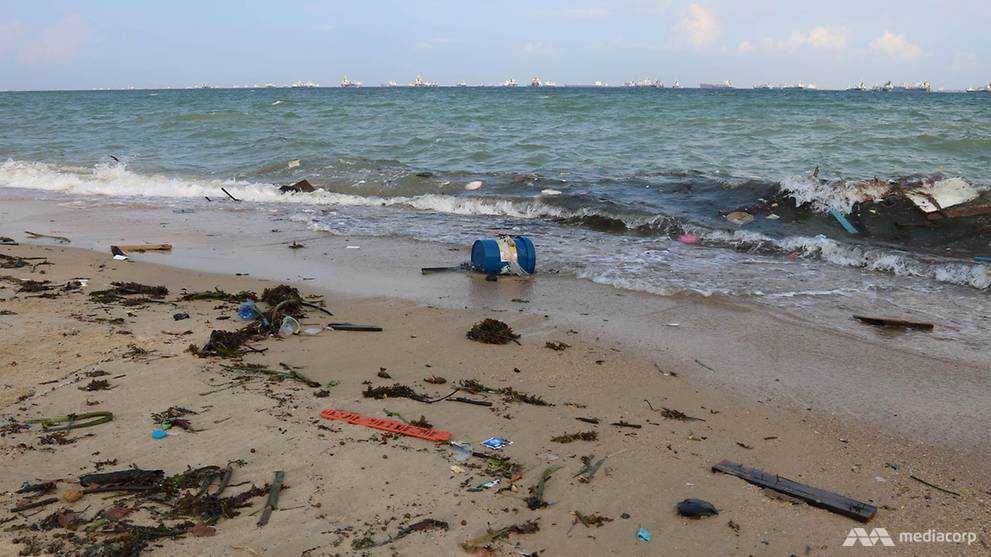Singapore welcomes ASEAN declaration on tackling marine waste: PM Lee
23 June, 2019

Singapore welcomes a declaration by the Association of Southeast Asian Nations (ASEAN) to combat marine debris, Prime Minister Lee Hsien Loong said on Saturday (Jun 22) as he urged the regional grouping to also reduce the waste it produces.
At the 34th ASEAN Summit in Bangkok on Saturday, leaders adopted the Bangkok Declaration on combating Marine Debris, reaffirming the bloc's commitment to conserve the marine environment and strengthen regional cooperation in addressing marine debris issues.
Four of the world’s top marine plastic polluters are in Southeast Asia - Indonesia, the Philippines, Vietnam and Thailand - trailing only China.
“Marine pollution impacts not just public health and food supply, but industry and tourism,” Mr Lee said during a plenary at the summit.
“In Singapore, marine debris washes onto our shores regularly. There are so many beautiful beaches in Southeast Asia, and they are at risk of being polluted if we don’t bring the problem under control.”
Under the declaration, ASEAN nations agreed to strengthen national laws and regulations on marine debris, promote innovative solutions to improve plastics value chains and resource efficiency, as well as change behaviours to prevent and reduce marine debris.
The “broader problem”, Mr Lee said, is waste management, as he encouraged nations to reduce the waste they produce and its impact on the environment. This includes plastic, untreated liquid and semi-solid waste, he said.
“With technology breakthrough, we can even turn waste into resources,” he added.
In Singapore, almost all non-recyclable waste is incinerated before the ash and some solid waste are shipped to Pulau Semakau, an island landfill that doubles up as an eco-park and conservation area.
“But landfills take up a lot of space, and Singapore cannot afford to create more and more of them,” Mr Lee stated.
“So we have to aim even higher, to become a zero waste nation, by reducing our consumption of materials and reusing and recycling them to give them a second lease of life.”
With Singapore also designating 2019 as the Year Towards Zero Waste, Mr Lee called the ASEAN discussions on tackling marine waste “especially timely”.
During an ASEAN meeting in March, environment leaders discussed the draft declaration, exchanged views and practices on dealing with ocean trash and acknowledged the “urgent need” to work together in addressing these issues.
The meeting also produced the ASEAN Framework of Action on Marine Debris, which covers four priority areas: Policy support and planning; research, innovation and capacity building; public awareness, education and outreach; and private sector engagement.
CLIMATE CHANGE AND HAZE
Beyond marine debris and waste management, Mr Lee noted that many ASEAN nations including Singapore face environmental challenges like climate change and haze pollution, especially in major coastal cities.
“The transboundary nature of many of these environmental challenges makes it impossible for any single country to solve the issue alone,” Mr Lee said. “This is why Singapore strongly supports efforts to cooperate among ASEAN.”
To this end, Mr Lee said Singapore will host the second ASEAN Climate Change Partnership Conference tentatively in August, following the first edition last year which “prompted regional action” on environmental issues.
Nevertheless, Mr Lee said there are “no easy solutions” to the challenge of sustainable development.
“Our approach needs to be holistic, and are often beyond the reach of any single country,” he added. “We have to work together to ensure that Southeast Asia will remain a liveable and vibrant place for many years to come.”
Source:
TAG(s):
